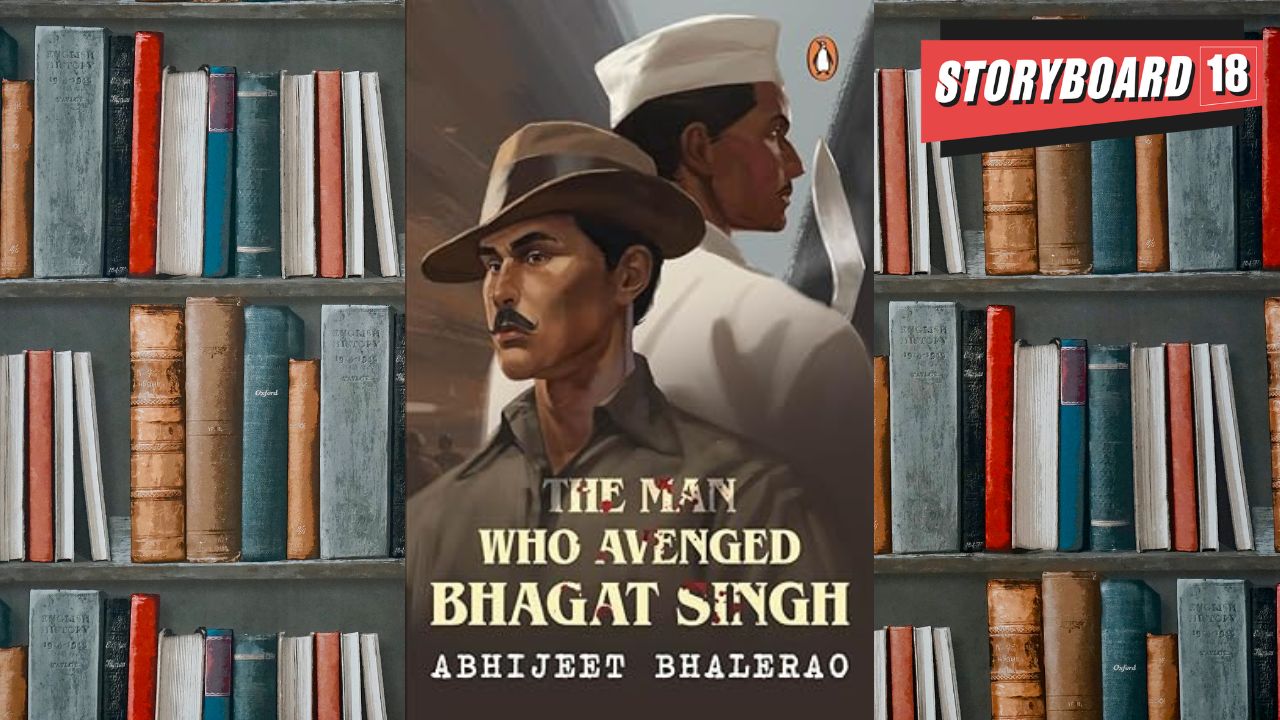The music of Rang De Basanti, directed by Rakeysh Omprakash Mehra was ringing in my ears, as I picked up ‘The Man Who Avenged Bhagat Singh’, by Abhijeet Ashok Bhalerao.
The book made me curious. Bhagat Singh is the immortal face of the armed resistance to the British, along with Netaji Subhash Chandra Bose. Thanks to his defiance of the British Empire, Bhagat Singh became one of the young martyrs who is both celebrated and mourned even today. He had a loyal fan base who were fired up by his ideals.
By the author’s own admission, not much is fictionalised in the book, even though it is categorised under historical fiction. Here are our Bookstrapping insights.
1. Fifty acres of land and a shop to sell liquor; are these incentives enough to betray Bhagat Singh? Traitor Phanindra Nath Ghosh definitely seemed to think so.
2. But Baikunth Sukul did not! The prologue to the book begins with a graphic description of how Baikunth Sukul killed Phanindra Nath Ghosh to avenge the death of Bhagat Singh, using his favourite kukri knife made in Nepal. Passionate readers know that Baikuntha Sukul is not a new name. A book titled‘The trial of Baikunth Sukul: A revolutionary patriot by N. K. Shukla’, has come before this.
3. Traitor Phanindra Nath Ghosh was an important member of the armed revolutionaries. What made him turn informer against Bhagat Singh? This is an important question.
4. I reached out to author Abhijeet Bhalerao to understand what parts of the book are fictionalised. He shared two specific instances as follows, “In October 1929, Baikunth went to Lahore and witnessed the brutal attack of constables on Bhagat Singh and other revolutionaries in the court. (As per known facts, he never met Bhagat Singh or Azad. The attack in court is true, but that Baikunth was there to see it, is fiction). Secondly, after release from the Patna camp jail in March 1931 Baikunth went again to Lahore to witness the aftermath of execution of Bhagat, Rajguru and Sukhdev.”
5. The non-existent personal lives of these revolutionaries; their angst at not being good providers or husbands, their sentiment of being married to the country before their spouse, comes alive in the book!
There is a section in the book, in which Baikunth Sukul is reading Gandhiji’s criticism of the train bombing (carrying Viceroy Irwin), done by the armed revolutionaries. This article plunged a dagger at the hearts of all those Indians who had picked up guns and knives, as the tools to win freedom! Gandhian philosophy was firmly opposed to violent means.
To counter this, the armed revolutionaries too, felt the need to put forth the merits of their philosophy. They did not want to be left behind and wished to claim intellectual rigour in their own identity.
In hindsight, one question looms large. To what degree did violence win us freedom as against non-violence?
Reeta Ramamurthy Gupta is a columnist and bestselling biographer. She is credited with the internationally acclaimed Red Dot Experiment, a decadal six-nation study on how ‘culture impacts communication.’ On Instagram @OfficialReetaGupta
Read More: Bookstrapping: The Great Flap Of 1942 by Mukund Padmanabhan
